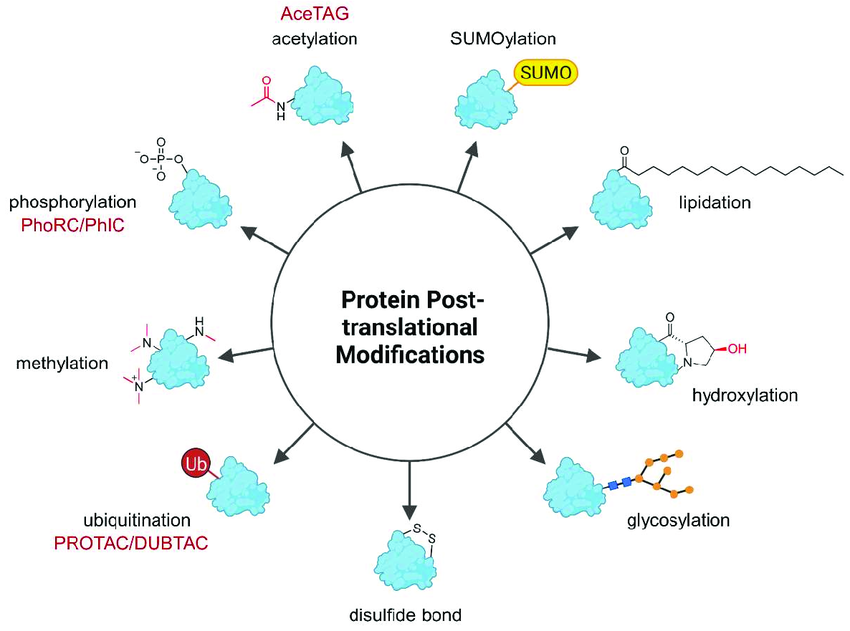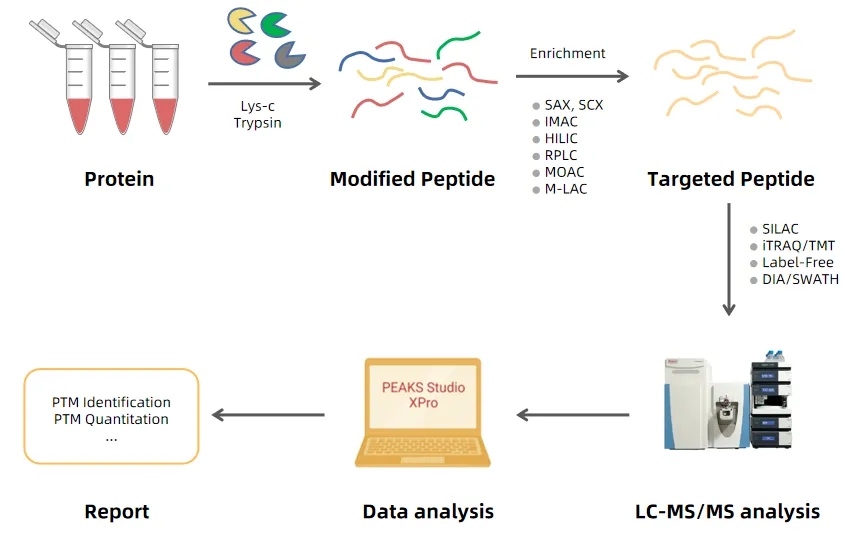Post-Translational Modifications Proteomics Analysis Service
MtoZ Biolabs offers comprehensive Post-Translational Modifications Proteomics Analysis Service to help researchers identify, quantify, and interpret protein modifications across diverse biological systems. With advanced mass spectrometry platforms, optimized enrichment workflows, and expert bioinformatics support, we deliver accurate and reproducible data for studies in functional proteomics, signaling regulation, and therapeutic protein characterization.
Overview
Post-translational modifications (PTMs) are chemical alterations that occur on proteins after translation. They control protein structure, activity, localization, and stability, and play vital roles in regulating cellular communication, stress response, and metabolism. Typical PTMs include phosphorylation, acetylation, methylation, glycosylation, ubiquitination, and redox modifications. Abnormal PTM patterns are often linked to disease development and progression.

Laboratory, C. R. et al. Molecules. 2023.
Figure 1. Common Types of Protein PTMs
Mass spectrometry (MS) based proteomics has become the key analytical strategy for exploring PTMs. Through high-resolution LC-MS/MS, data-independent or data-dependent acquisition, and integrated computational analysis, MS enables precise identification and quantification of modification sites across the proteome. When combined with targeted enrichment methods such as IMAC, TiO₂, lectin affinity, or antibody capture, this approach provides comprehensive coverage and confident localization of modified peptides.
By leveraging these advanced techniques, MtoZ Biolabs supports researchers in characterizing single or multiple PTM types, understanding modification crosstalk, and elucidating regulatory mechanisms underlying complex biological phenomena.
Services at MtoZ Biolabs
To address the diverse needs of proteomics research, MtoZ Biolabs provides a full range of PTM analysis services, each optimized for specific modification types and biological contexts.
Our Post-Translational Modifications Proteomics Analysis Service includes:
Methylation Proteomics Service
Glycoproteomics Analysis Service
Malonylation Proteomics Service
Cysteine Redoxome Proteomics Analysis Service
Redox Proteomics Analysis Service
4D Post-Translational Modifications Proteomics Service
All services are supported by Orbitrap and timsTOF platforms, multiple fragmentation techniques (HCD, ETD, ECD), and validated enrichment strategies such as IMAC, TiO₂, lectin affinity, and antibody-based methods.
Analysis Workflow
1. Consultation and Study Design
Define research goals, PTM classes, and appropriate analytical strategy. Tailor parameters for quantitative or qualitative analysis depending on experimental design.
2. Sample Preparation and PTM Enrichment
Perform optimized protein extraction, enzymatic digestion, and selective enrichment to capture low-abundance modified peptides.
3. High-Resolution LC-MS/MS Analysis
Utilize state-of-the-art Orbitrap or timsTOF instruments for sensitive acquisition and high-fidelity fragmentation.
4. Data Processing and Quantification
Identify and quantify modified peptides or proteoforms using validated algorithms, curated spectral libraries, and PTM-specific databases.
5. Bioinformatics Interpretation
Integrate modification site mapping with pathway and network analysis to reveal functional regulation, PTM cross-talk, and potential biomarkers.

Figure 2. Post-Translational Modifications Proteomics Analysis Workflow
Why Choose MtoZ Biolabs?
✔ Advanced Analysis Platform: Equipped with Orbitrap, timsTOF, and FT-ICR platforms for high mass accuracy and resolution.
✔ Comprehensive PTM Expertise: Covering phosphorylation, methylation, acetylation, ubiquitination, glycosylation, and more.
✔ Tailored Analytical Strategies: Bottom-up, middle-down, and top-down workflows customized to project requirements.
✔ High Data Reliability: Strict QC and reproducible results validated across multiple replicates.
✔ Integrated Bioinformatics: In-depth data processing and visualization for clear biological interpretation.
✔ One-Time-Charge: Our pricing is transparent, no hidden fees or additional costs.
Sample Submission Suggestions

Note: Provide details on sample collection and handling. If you need further details, our technical support team is happy to assist and provide comprehensive guidance on sample submission.
Applications
● Global mapping of protein modification sites
● Quantitative profiling of PTM changes under different conditions
● Functional proteomics and signaling pathway analysis
● Epigenetic and chromatin modification research
● Mechanistic and disease pathway investigation
● Biopharmaceutical protein characterization and quality assessment
What Could be Included in the Report?
1. Comprehensive Experimental Details
2. Materials, Instruments, and Methods
3. Total Ion Chromatogram & Quality Control Assessment
4. Data Analysis, Preprocessing, and Estimation
5. Bioinformatics Analysis
6. Raw Data Files
Related Services








